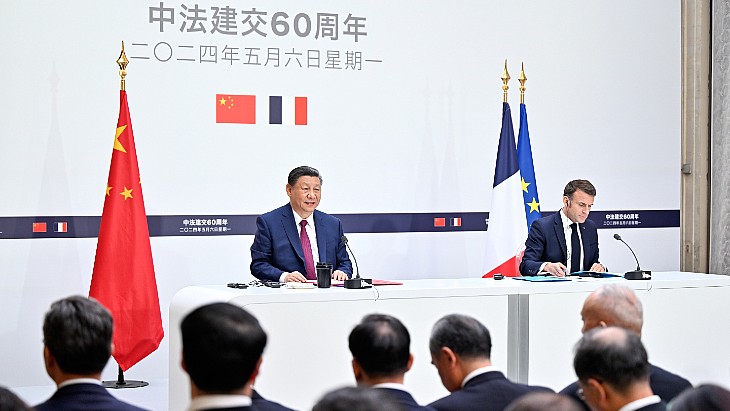SMRs economically feasible in Puerto Rico, study finds
.jpg)
Puerto Rico - officially, Commonwealth of Puerto Rico - is an unincorporated territory of the USA and is located in the northeastern Caribbean. Puerto Rico currently generates 98% of its electricity from imported fossil fuels, and its power plants, built in the late 1960s, experience outage rates 12 times higher than the US average. Within the next decade, Puerto Rico proposes a transition from a centralised system dependent on fossil fuels to a distributed system centred on clean energy. Its legislature in 2018 passed a bill calling for an investigation into the possibility of building nuclear power plants on the island, which suffered widespread outages following Hurricane Maria in 2017.
Announcing the publication of its latest report - titled Advanced Small Nuclear in Puerto Rico - Economic Study - NAP said: "This report encompasses a wide array of aspects surrounding Puerto Rico's economy and energy sector. We explore market conditions and their performance based on key energy-economic indicators, and socio-economic implications to construct a holistic understanding of the energy landscape associated with potential developments of advanced small nuclear power plants in Puerto Rico."
NAP said the key findings of the study "encompass various facets, including national energy demand, micro and small modular reactor (SMR) energy demand, energy supply, physical infrastructure, climate change, and financial and economic sufficiency".
The study found that real Gross Domestic Product (GDP) per capita in Puerto Rico is about USD32,000 per year, ranking it 19th among the 65 countries compared, "surpassing 17 countries with robust nuclear energy developments or policy support, such as the Slovak Republic, Turkey, Romania, Russia, Bulgaria, and Argentina".
With regards to Puerto Rico's energy consumption per capita, over the past 10 years there has been a 1.8% decline in the annual average growth. However, the report notes that the current level is higher than countries with strong support for nuclear, like Ukraine, Turkey, Argentina, Romania, Brazil and Mexico.
The island also has aging energy infrastructure, with an average lifetime of around 43 years. Four of its power plants, with a combined capacity of 3600 MWe, were scheduled to be retired in 2023 but this did not happen.
"When analysing the economic conditions of Puerto Rico, it becomes evident that a strong industrial sector, accounting for 51% of the total GDP, coupled with a high level of real GDP per capita, approximately USD32,000 per year, positions the country favourably for the introduction of advanced micro and small nuclear reactors," the report says.
"The significant dependency on fuel imports, amounting to around USD1.5 billion in 2021, presents a considerable challenge for Puerto Rico. By developing renewable energy sources, which currently represent 7% of the energy infrastructure and generate around 10% of the total electricity, advanced nuclear reactors could play a pivotal role in diversifying the energy mix.
"In conclusion, while micro and small nuclear reactors may not always appear as the most cost-effective solution in the short term, a value-based approach prompts us to consider their broader benefits. By focusing on the flexibility, reliability and environmental advantages they bring, we recognise that their worth extends far beyond initial construction costs. Embracing a value-based perspective allows to see these reactors not as expensive burdens, but as valuable assets in the transition to a more sustainable and resilient energy future."
NAP was founded in 2016 by Puerto Rican engineers in the US nuclear industry to inform and advocate for SMRs and microreactors in Puerto Rico.
A preliminary feasibility study published by NAP in May 2020 concluded that advanced nuclear reactors can meet Puerto Rico's unique energy needs by complementing renewable sources with zero-emission electricity resilient to extreme natural events. The study was funded by the US Department of Energy (DOE).
In November 2021, DOE awarded USD1.6 million in funding to NAP to study the potential siting of small reactors in Puerto Rico. NAP has identified two potential sites on the island, based on US Nuclear Regulatory Commission criteria.









_50521.jpg)


